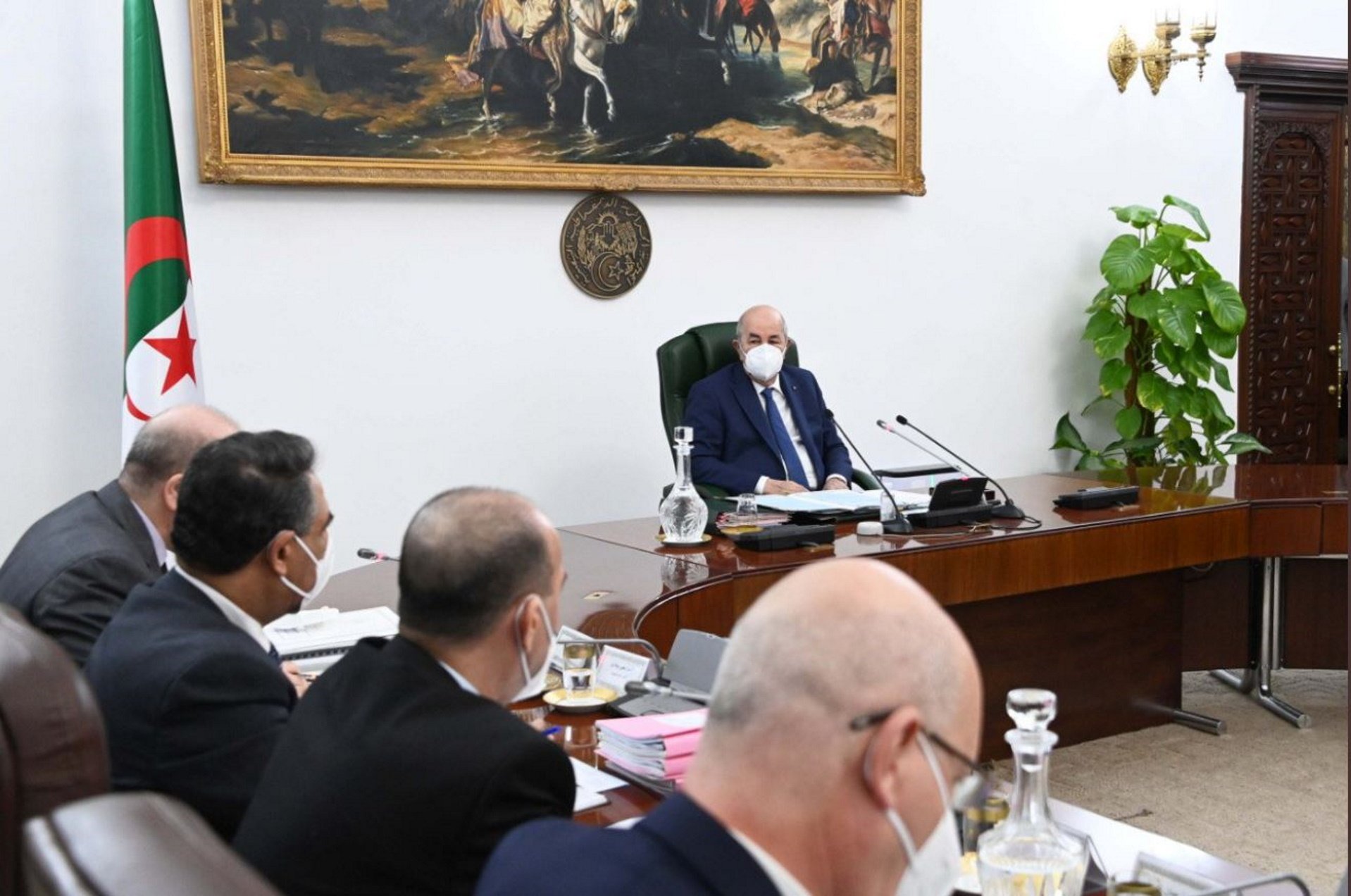The alliance forged by Spanish prime minister Pedro Sánchez with Morocco, supporting that country's occupation of Western Sahara, has deeply irritated its North African neighbour Algeria and the consequences are beginning to be felt. This country, which is the source of most of the gas consumed in Spain, has warned that it wants to wipe the slate clean, with the Algerian foreign secretary, general Chakib Kaid, stating that "it is clear that Algeria will review all agreements with Spain, and in all areas, to see how the relationship will evolve in the future." Algeria is the largest supplier of gas in Spain, covering 40% of the country's needs, so any restriction could lead to a rise in energy prices, and this just as the inflation rate has reached 9.8%, a 37-year-high. The second largest exporter of gas to Spain, by far, is the United States (with 19%) and the third Nigeria (13%).
Algeria has taken initial action against Spain and has stopped Air Algérie's flights to Madrid and Alicante, despite the carrier having announced a programme of 64 air routes following the Covid pandemic. The Maghreb country has also suspended agreements for the repatriation of Algerian emigrants detained in Spain. The Pedro Sánchez government, through interior minister Fernando Grande-Marlaska, has tried to make a gesture towards the Algerian government and deported, to that country, Mohamed Azzouz Benhalima, a former Algerian army corporal and member of the Islamist movement Rachad, wanted by Algiers. However, this has not calmed the government ill-feeling.
Sahara occidental: l’Algérie annonce son intention de réviser ses accords avec l'Espagne https://t.co/cc55LOop19 pic.twitter.com/J8jD4XFRbC
— RFI (@RFI) March 31, 2022
Spain's recent policy reversal to proclaim its support for Morocco, coming in the wake of the similar recognition by the US under Trump, has elevated the country to the leadership of the Maghreb, at the expense of Algeria, which, with its energy potential, has always aspired to this role. However, at the same time, there has new attention given by the United States to Algeria, when it has been traditionally allied with Russia, and the US Secretary of State, Antony Blinken, visited Algiers yesterday to strengthen relations. On the other hand, the Spanish PM has made new moves to unilaterally strengthen relations with Morocco, and today Pedro Sánchez spoke with king Mohamed VI, who thanked him for his support for the incorporation into its territory of the former Spanish colony of Western Sahara. The Moroccan king invited Sánchez to visit the Maghreb country in the coming weeks, despite growing international concern with regard to Algeria, and the risk of a new threat to affordable energy supplies.
#Ukraine L’Algérie, une éclaircie gazière pour l’Europe ? En visite au Maghreb, Antony Blinken sonde la piste algérienne en ces temps de crise avec Moscou | par @FrdricBobin https://t.co/E01uAt7l6v
— Le Monde (@lemondefr) March 31, 2022
Spain and Portugal agree on "energy island" gas price
The delicacy of Spain's energy position was revealed in last week's European Council meeting, when Pedro Sánchez argued emotionally for the EU member states to take action that would relieve the effect of high gas prices on the Spanish economy, and in particular, on electricity bills. Eventually, the member states gave approval in priniciple to an "Iberian exception", an energy island comprising Spain and Portugal, which could have some autonomy in the setting of wholesale electricity prices, and the two states have now reached agreement on a proposed figure for the maximum gas price in their "island": 30 euros per megawatt hour (MWh).
This measure, if accepted by the European Commission, will have an effect on the wholesale electricity market. The marginal system that works throughout Europe means that the price is set by the highest-price energy that enters the system, which at current prices are combined cycle power plants, powered by gas. Spain and Portugal have been allowed an exception based on two factors: their high level of implementation of renewable energies, on the one hand, and the few interconnections of the Peninsula with the rest of the European continent on the other. The 30 euros/MWh figure was first announced by the Portuguese press and later confirmed by one of the Spanish deputy PMs, Teresa Ribera. The proposal is for the measure to be in force until December.
In the main photo, the Algerian president Abdelmadjid Tebboune | Algerian Presidency

